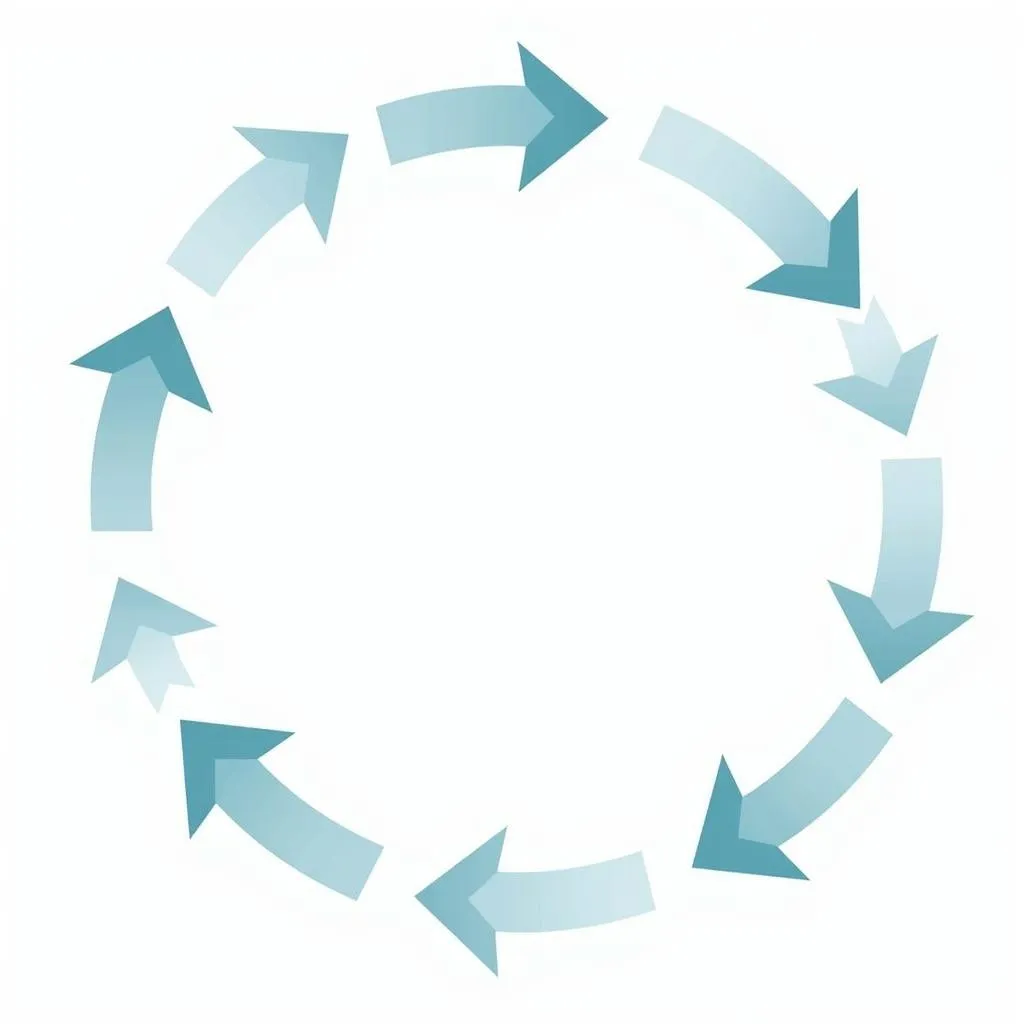Conducting research is a systematic investigation involving collecting, analyzing, and interpreting information to increase our understanding of a phenomenon, topic, or issue. It is a meticulous process that seeks to answer questions, solve problems, or generate new knowledge through objective and verifiable methods.
Delving Deeper into the Definition of Conduct Research
More than just gathering information, conducting research requires a structured approach. It often involves carefully designing studies, collecting data through various methods, rigorously analyzing the findings, and drawing valid conclusions based on the evidence gathered. Whether the goal is to test a hypothesis, explore a new area of study, or evaluate existing knowledge, research provides a framework for uncovering insights and expanding our comprehension of the world.
Key Elements of How to Conduct Research:
To truly grasp the essence of “conduct research,” it’s essential to understand its core components:
- Formulating a Research Question: The foundation of any research endeavor lies in defining a clear and focused research question. This question will guide the entire research process.
- Reviewing Existing Literature: Before embarking on data collection, researchers must familiarize themselves with existing knowledge and research gaps in their chosen field. This involves reviewing relevant studies, theories, and publications.
- Choosing a Research Design: The research design outlines the overall strategy for conducting the study. This includes determining the appropriate research methods, data collection techniques, and data analysis procedures.
- Collecting Data: This step involves gathering relevant information to answer the research question. Data collection methods can include surveys, interviews, experiments, observations, or analyzing existing datasets.
- Data Analysis: Once the data is collected, it needs to be organized, cleaned, and analyzed. Statistical analysis or qualitative coding techniques help researchers identify patterns, trends, and relationships within the data.
- Drawing Conclusions: After analyzing the data, researchers interpret the findings and draw meaningful conclusions. These conclusions should be supported by the evidence and address the initial research question.
- Communicating Findings: The final step involves sharing the research findings with others. This can be done through research papers, presentations, reports, or other forms of dissemination.
 Research Process Flowchart
Research Process Flowchart
Different Approaches: Exploring Types of Research
Research is not a one-size-fits-all endeavor. Various research methods cater to different research questions and disciplines. Some common types include:
- Qualitative Research: This approach focuses on exploring complex social phenomena through in-depth interviews, focus groups, and observations, aiming to gain a deeper understanding of human behavior and experiences.
- Quantitative Research: This method relies on numerical data and statistical analysis to test hypotheses, identify correlations, and make predictions about relationships between variables.
- Mixed Methods Research: This approach combines elements of both qualitative and quantitative research to provide a more comprehensive understanding of the research problem.
Real-World Applications of “Conduct Research”
The concept of “conduct research” extends far beyond academia, finding applications in numerous fields:
- Market Research: Companies conduct market research to understand consumer behavior, identify market trends, and develop effective marketing strategies.
- Healthcare: Medical research is crucial for developing new treatments, improving patient care, and advancing our understanding of diseases.
- Social Sciences: Social scientists conduct research to explore social issues, analyze human behavior, and inform policy decisions.
 Scientist Conducting a Lab Experiment
Scientist Conducting a Lab Experiment
Conclusion: Embracing the Power of Inquiry
Conducting research is a fundamental process for expanding knowledge, solving problems, and making informed decisions. Whether you’re a seasoned researcher or just beginning to explore the world of inquiry, understanding the principles and methods of research is essential. By embracing a systematic and rigorous approach, we can unlock new insights, challenge assumptions, and contribute to a deeper understanding of ourselves and the world around us.
FAQs about Conduct Research:
1. What is the importance of conducting research?
Conducting research is crucial for advancing knowledge, solving problems, making informed decisions, and understanding the world around us. It helps us test assumptions, challenge existing beliefs, and generate new insights.
2. What are the different types of research methods?
Common research methods include qualitative research (exploring in-depth experiences), quantitative research (analyzing numerical data), and mixed methods research (combining both approaches).
3. How do I choose the right research method for my study?
The choice of research method depends on your research question, the nature of your study, and the type of data you need to collect.
4. What are some common challenges in conducting research?
Challenges can include ensuring ethical considerations, obtaining reliable data, managing time and resources effectively, and communicating findings clearly.
5. Where can I find resources to help me conduct research?
Libraries, online databases, research institutions, and academic journals are valuable resources for researchers.
Need assistance with your research endeavors? Our team of expert researchers at Paranormal Research is here to help! Contact us at 0904826292, email us at research@gmail.com, or visit our office at No. 31, Alley 142/7, P. Phú Viên, Bồ Đề, Long Biên, Hà Nội, Việt Nam. We’re available 24/7 to provide guidance, support, and tailored solutions for all your research needs.